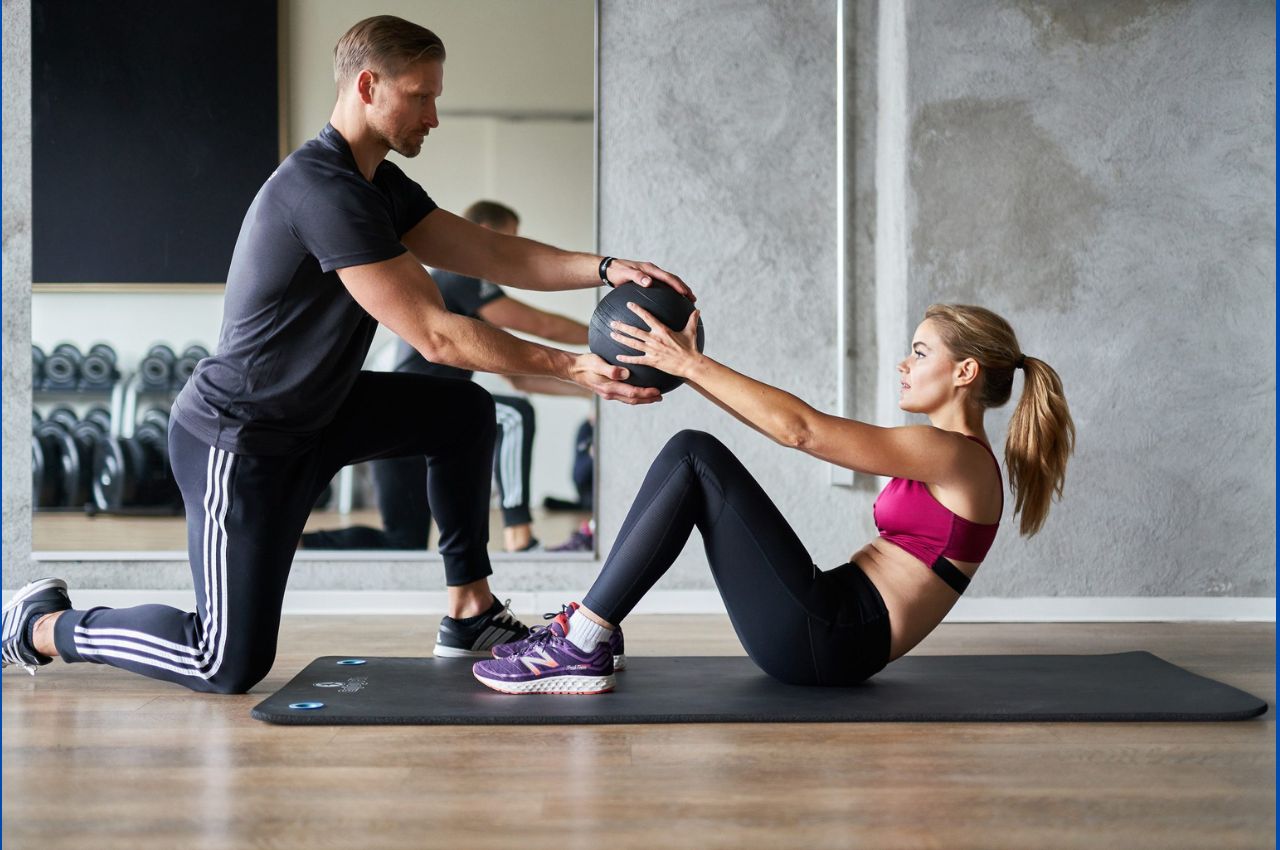The National Disability Insurance Scheme (NDIS) in Australia is a groundbreaking initiative designed to support individuals with disabilities in leading fulfilling lives. One crucial aspect of this support is the role of personal trainers who specialise in working with NDIS participants.
These professionals offer more than just exercise routines; they provide tailored fitness programs that promote overall well-being, independence, and a higher quality of life. Here are ten key ways NDIS personal trainer contribute to the lives of NDIS participants.
1. Personalized Fitness Programs
One of the primary roles of a personal trainer within the NDIS framework is to create personalised fitness programs. Each individual has unique needs, abilities, and goals.
Personal trainers assess these factors and design a program that aligns with the participant’s physical capabilities and aspirations. This tailored approach ensures the exercises are safe and effective, promoting steady progress without risking injury.
2. Improving Physical Health and Mobility
Regular exercise is essential for maintaining and improving physical health, especially for individuals with disabilities. Personal trainers work with NDIS participants to enhance their mobility, strength, and cardiovascular health. By incorporating exercises that target specific muscle groups and movements, personal trainers help improve participants’ physical function, making daily activities more accessible and more manageable.
3. Boosting Mental Health and Confidence
The benefits of fitness extend beyond physical health. Personal trainers play a vital role in supporting the mental well-being of NDIS participants.
Exercise is known to reduce symptoms of anxiety and depression, and personal trainers provide a structured and supportive environment for these individuals to engage in regular physical activity. As participants reach their fitness goals, their confidence and self-esteem naturally increase, contributing to a more positive outlook.
4. Promoting Social Interaction
Social interaction is another critical component of overall well-being. Personal trainers often conduct group sessions, allowing NDIS participants to engage with others who share similar experiences.
These group activities foster a sense of community and belonging, reducing feelings of isolation that can sometimes accompany disability. Personal trainers encourage teamwork and camaraderie, making exercise a more enjoyable and socially rewarding experience.
5. Enhancing Independence
One of the primary objectives of many people who participate in the National Disability Insurance Scheme (NDIS) is to obtain greater independence in their day-to-day lives. Through close collaboration with their clients, personal trainers help individuals improve the physical strength and coordination necessary to carry out day-to-day activities without assistance.
The abilities acquired through individualised fitness programmes directly translate into increased independence and self-sufficiency. These abilities can be improved in various ways, including improving balance to prevent falls and increasing strength to move objects.
6. Setting and Achieving Realistic Goals
Establishing goals within one’s reach is essential to any fitness programme. Personal trainers assist participants in the National Disability Insurance Scheme (NDIS) in establishing fitness objectives that are both feasible and realistic, and they do so by breaking these objectives down into more manageable levels.
Through the use of this goal-oriented strategy of the programme, the participants are provided with a distinct path to pursue and a feeling of success when they complete each milestone. Establishing and achieving goals not only leads to the development of discipline and drive but also has the potential to favourably influence other aspects of the participant’s world.
7. Providing Consistent Motivation and Support
Maintaining motivation can be challenging for anyone, and NDIS participants are no exception. Personal trainers offer consistent encouragement and support, helping participants stay motivated despite setbacks.
This ongoing support is crucial for long-term success, as it helps participants push through challenges and continue progressing toward their fitness goals. The personal trainer’s role as a motivator cannot be overstated; they are often the driving force behind a participant’s commitment to their fitness journey.
8. Adapting Exercises for Different Abilities
When working with NDIS clients, one of the specific issues that personal trainers confront is adjusting workouts to accommodate individuals with varying abilities. Because of their expertise in adjusting exercises, personal trainers ensure that workouts are accessible to all participants, regardless of their physical restrictions.
Because of this versatility, individuals with varied degrees of skill can participate comprehensively in their fitness programme. This ensures that everyone can reap the benefits of regular physical exercise.
9. Monitoring Progress and Adjusting Programs
When it comes to educating NDIS members about the significance of fitness and health, personal trainers play a crucial role in addition to the physical activities they provide. They provide information on themes such as nutrition, injury prevention, and the advantages of leading an active lifestyle, as well as essential information.
Personal trainers assist participants in developing a feeling of ownership and responsibility in their fitness path by providing knowledge that empowers them to make informed decisions about their health and well-being.
10. Empowering Individuals through Education
Individuals who participate in the National Disability Insurance Scheme (NDIS) have the opportunity to learn about the significance of fitness and health through the guidance of personal trainers. They offer helpful information on a variety of subjects, including food and nutrition, injury prevention, and the advantages of leading an active lifestyle.
To promote a sense of ownership and responsibility in their fitness journey, personal trainers help participants make educated decisions about their health and well-being by providing them with knowledge that empowers them to make those decisions.
Conclusion: A Vital Role in NDIS Support
The role of a personal trainer in the NDIS framework is multifaceted and crucial to participants’ overall well-being. By providing personalised fitness programs, improving physical and mental health, promoting social interaction, and empowering individuals through education, personal trainers significantly enhance the lives of those they work with. Their work supports NDIS participants in achieving their fitness goals and contributes to their overall independence, confidence, and quality of life.
Engaging with a personal trainer can be a transformative experience for NDIS participants. Through dedication, support, and expertise, personal trainers empower individuals to lead healthier, more active lives, ultimately enabling them to achieve greater independence and well-being.
If you gained new insights from this article, explore our blog, Gimkit, for more enlightening content.



